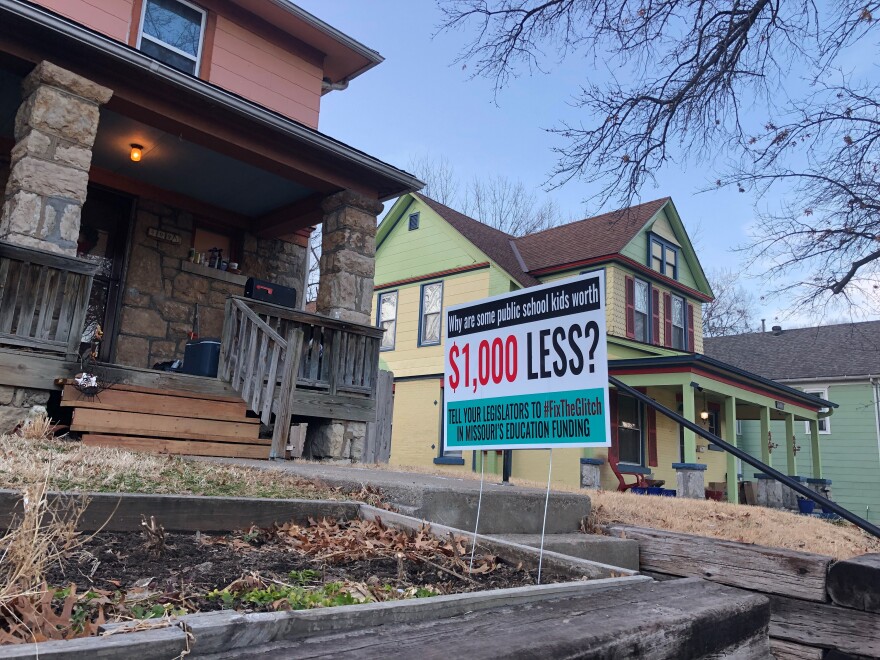Charter advocates are once again hoping Missouri lawmakers will change how schools are funded to give them access to more local revenue.
Doug Thaman, the executive director of the Missouri Charter Public School Association, said charter schools aren’t getting their fair share of property taxes.
“There are local lines of funding that were left out of state law, and a portion of property tax is locked in at a rate that is from 2005, so going on 16 years,” Thaman said.
MCPSA estimates charters receive about $1,000 less per pupil than traditional public schools as a result.
But persuading lawmakers to “fix the glitch” hasn’t been easy. Charter advocates tried in 2019 and 2020.
This time last year, MCPSA had the Kansas City Public Schools on board.
“The language that is actually in play right now and in consideration was language that the Kansas City Public Schools and the charter schools worked on together in 2020,” Thaman said.
Those talks fell apart, though, and Missouri lawmakers shifted their focus to the pandemic.
Thaman said parents of charter school students are especially motivated this year because they’ve seen how hard teachers are working to make sure their kids get an education.
“One of the benefits we believe of the charter public school model is that there are smaller schools with more individualized attention and greater connection to parents,” Thaman said.
About half of students living within KCPS boundaries attend charters. The explosive growth of charters has created funding complexities for both charters and the district. In recent years, KCPS has cut checks to charters to make sure they received their allotment of local dollars per the state funding formula. That’s another issue separate from the $1,000 less per pupil.
For its part, the district has said it will support legislation that increases funding for students and families living in poverty during a pandemic. KCPS also supports boosting teacher pay.
But on the subject of charter schools, the district is focused on accountability. For years, KCPS has been trying to regain accreditation from the state. Charters are not given an accreditation rating, though their sponsorship can be revoked. That rarely happens, though, and usually only when there’s been serious mismanagement. While some charter schools outperform KCPS on state tests, others don’t.
At a legislative breakfast last month, KCPS school board member Jennifer Wolfsie said charters should receive the same ratings from the state as traditional public schools. She also called for more transparency from charter when it comes to open meetings and public records.
“Equal funding on the revenue side should come with the same sort of rules and obligations that we as a public school district have to abide by, the same rules for the road,” Wolfsie said.

